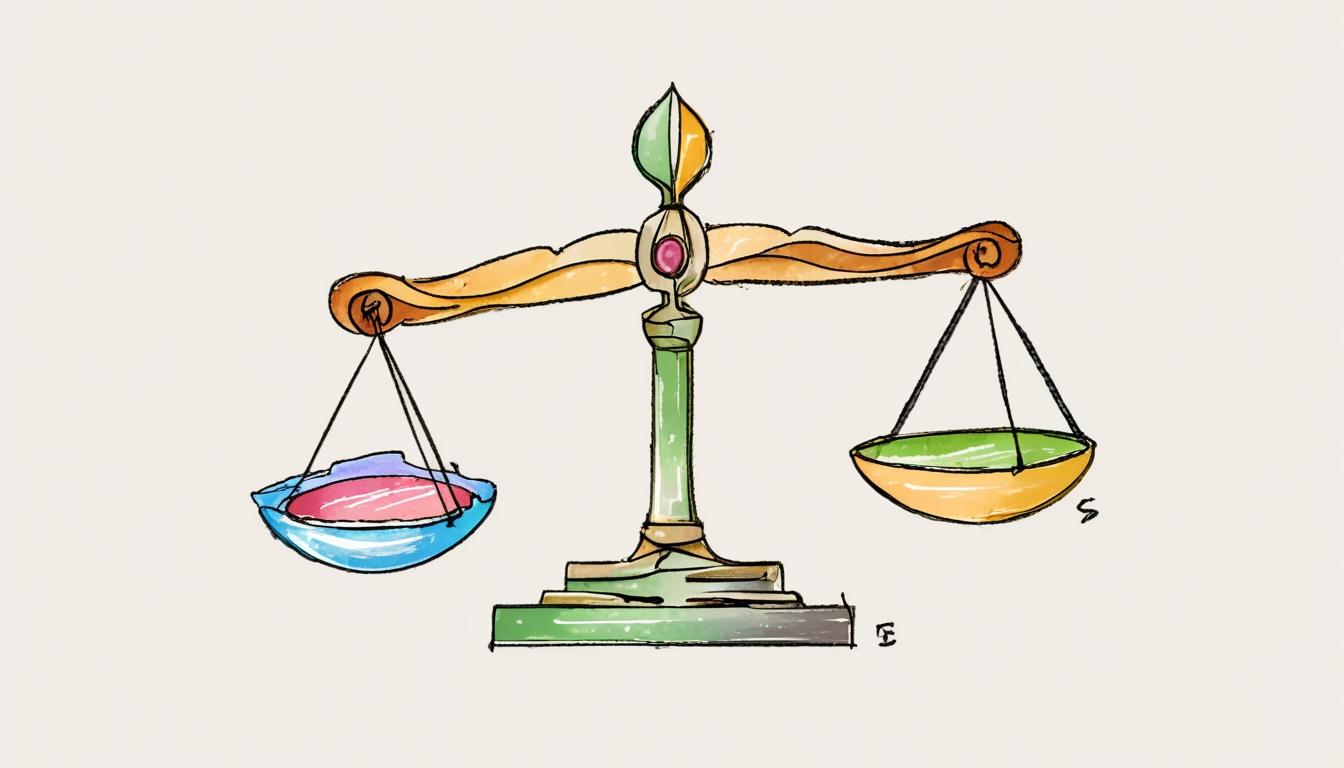Design disputes over logos frequently emerge, often sparking controversy and legal battles between businesses. Such conflicts underscore the importance of originality in logo design to establish unique brand identities and avoid infringements. Recent high-profile logo disputes illustrate a range of conflicts from small towns to global corporations.
One notable case involves Meghan Markle and the Spanish town of Porreres. After launching her personal brand under the name As Ever, Markle's logo was compared to Porreres' coat of arms. The Mallorcan town criticised the design for its similarities, especially regarding the central palm tree and swooping birds. Porreres' mayor expressed strong dissatisfaction, stating that the design "perverted" the town's identity and that it "belongs exclusively to Porreres." However, due to financial constraints, the town refrained from pursuing legal action.
In a dispute involving tech giant Apple, the company challenged the meal planning app Prepear over its pear-themed logo in 2020. Apple argued that Prepear’s logo “readily calls to mind Apple’s famous Apple Logo and creates a similar commercial impression.” Despite clear differences in colour, design, and fruit representation, Prepear agreed to modify its logo slightly to prevent what Apple described as a “dilution of the distinctiveness” of its own brand.
Elon Musk's social media platform X has also been embroiled in logo controversies due to its simple ‘X’ design inspired by a mathematical symbol. The Virginia-based public relations firm Multiply claimed that Musk’s logo caused consumer confusion as Multiply had been using a similar X logo since 2019. Multiply accused Twitter’s rebranded X of "shamelessly" copying their trademark and sought to ban its use through legal channels, also pursuing monetary damages.
In 2021, a trademark conflict occurred between Kanye West's brand Yeezy and retail giant Walmart. Yeezy’s introduction of a sun-shaped logo, featuring an eight-line design made of 24 circles, was challenged by Walmart, which claimed infringement due to Walmart’s own six-line design. Walmart expressed concerns over potential consumer confusion and a “false suggestion of a connection” between the brands. Kanye West responded effectively by distancing Yeezy from Walmart, stating: “Walmart certainly knows, as does the consuming public, that the last thing [Yeezy] wants to do is associate itself with [Walmart].” The dispute was eventually settled privately.
Another high-profile dispute saw Starbucks take legal action against Starbuds Flowers, a New York-based marijuana retailer. Starbucks alleged that Starbuds’ logo infringed on several intellectual property elements, including the double-ringed green circle, crowned siren motif, and capitalised font. Starbucks asserted that the similarities could mislead consumers and trade on its extensive brand recognition. The coffee company demanded that Starbuds remove the logo from its converted food truck and products, and also hand over any profits earned using the contested branding.
These incidents highlight the complexity and frequency of logo design disputes in the competitive branding landscape. While some cases involve large corporations defending well-known trademarks, others feature smaller entities or localities asserting rights over distinctive designs. The disputes demonstrate the challenges involved in balancing inspiration and originality within visual brand identities.
The Creative Bloq is reporting on these diverse examples, shedding light on the varying nature of logo conflicts in today’s market.
Source: Noah Wire Services
